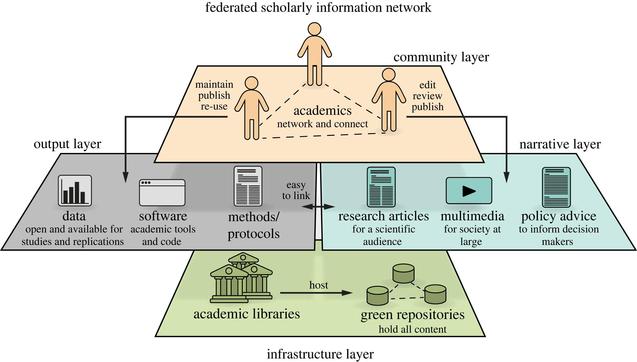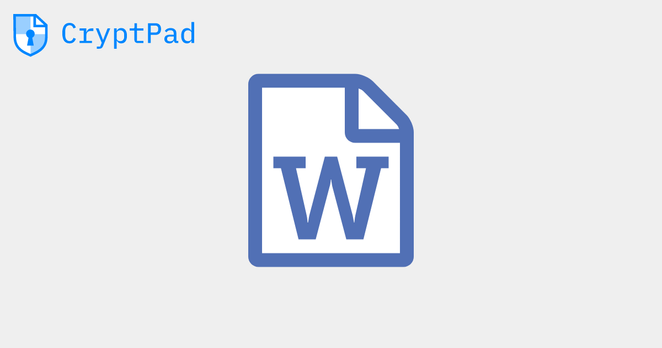Academia could indeed become the bedrock of a more democratic, pluralistic and progressive social media, but "it would require universities, as well as sector-wide organisations such as funding councils and learned societies, to recognise and take a stance in relation to these issues in a way they have thus far failed to do."
Pretty much exactly what we have also pointed out:
https://royalsocietypublishing.org/doi/10.1098/rsos.230207


